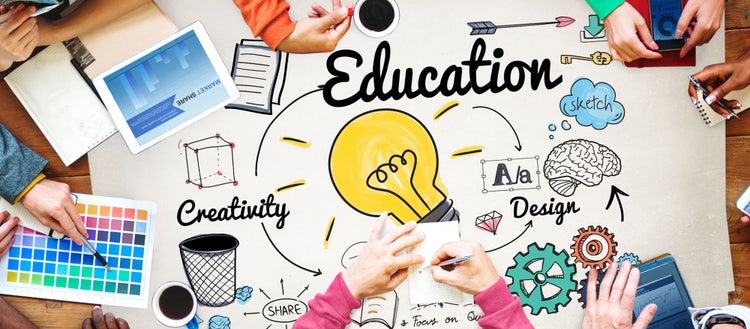Teaching is one of the most influential professions, shaping the future of students not only in terms of academic success but also in developing crucial skills that will serve them throughout their lives. In today’s rapidly changing world, teachers have the responsibility to nurture skills in students that go beyond academic knowledge, ensuring they are prepared for the challenges of the future.
The Importance of Focusing on Skills
With global changes in the economy and job markets, personal, social, and technological skills are becoming increasingly important for individual success. Therefore, teachers should focus on fostering these skills alongside traditional academic learning to prepare students for life beyond the classroom.
Key Skills Teachers Should Focus On
1. Critical Thinking and Problem Solving
Critical thinking is essential for students to objectively analyze information and make informed decisions. Teachers should encourage students to think deeply about various issues, ask questions, and evaluate evidence critically. This skill can be nurtured through activities that require solving complex problems or analyzing texts.
2. Collaboration and Teamwork
The ability to work well with others is crucial for future success. Teachers can design educational activities that promote teamwork and communication, such as group projects or interactive discussions. Collaboration helps students develop communication skills and learn how to understand and respect different perspectives—an important skill in diverse work environments.
3. Effective Communication
Effective communication goes beyond verbal skills to include writing, listening, and presenting ideas clearly and logically. Teachers can develop this skill by encouraging students to speak in front of their peers, write reports, or deliver presentations. Clear communication is vital for both personal and professional success.
4. Flexibility and Adaptability
In a rapidly changing world, flexibility and adaptability are key to thriving in new situations. Teachers should create learning environments that encourage students to adapt to new challenges and think creatively when faced with obstacles. These skills are essential for students to navigate the complexities of modern life.
5. Digital Literacy and Technology Skills
With the increasing integration of technology in all aspects of life, it’s important for students to become proficient in using digital tools effectively and safely. Students should learn basic computer skills, how to use software, and how to navigate the internet, enabling them to function successfully in digital workspaces.
6. Self-Awareness and Emotional Management
Self-awareness and emotional intelligence are important for personal growth and relationships. By teaching students how to recognize and manage their emotions, teachers can help them develop stronger interpersonal skills and make better decisions under pressure. These skills are essential for building resilience and confidence.
7. Creativity and Innovation
Encouraging students to think outside the box and come up with new solutions fosters creativity and innovation. Teachers should design activities that challenge students to think creatively, such as brainstorming sessions or projects that require innovative solutions to problems.
8. Time Management and Organization
Time management skills contribute to improved productivity and academic success. Teachers should help students learn how to prioritize tasks and organize their time effectively by providing study schedules and setting clear deadlines for assignments.
Conclusion
Fostering essential skills in students is a critical part of a teacher’s role in modern education. By focusing on personal, social, and technological skill development alongside academic learning, teachers can help students prepare for the challenges of the future. Incorporating varied and engaging activities that promote these skills will ensure that students are not only academically successful but also equipped with the tools they need to thrive in life and work.




